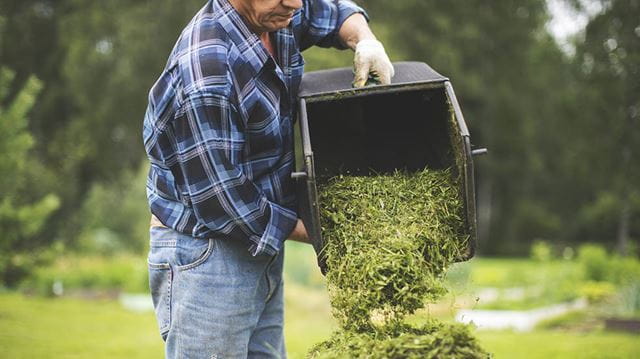
Make the most of your grass cuttings, twigs and clippings during the coronavirus lockdown with these handy gardening hacks
Many local councils have suspended the collection of green bins due to social-distancing measures. However, you can use this to your advantage by disposing of your garden waste in a number of creative and useful ways.
Earlier this month, it was announced that due to the coronavirus outbreak and the resultant social-distancing measures, some local councils would be suspending the collection of green bins. These, of course, are the ones in which we put our gardening waste – our freshly mown grass, hedge clippings and the like.
This is particularly bad timing, seeing as we're all in lockdown and desperate to get stuck into some of the jobs that have been mounting up over the long, cold months of winter.
However, it needn't stop us from carrying out those important tasks – there are numerous other things we can do with our gardening waste, and some of them can actually be very beneficial to your garden and its resident wildlife...
1. Create a compost heap
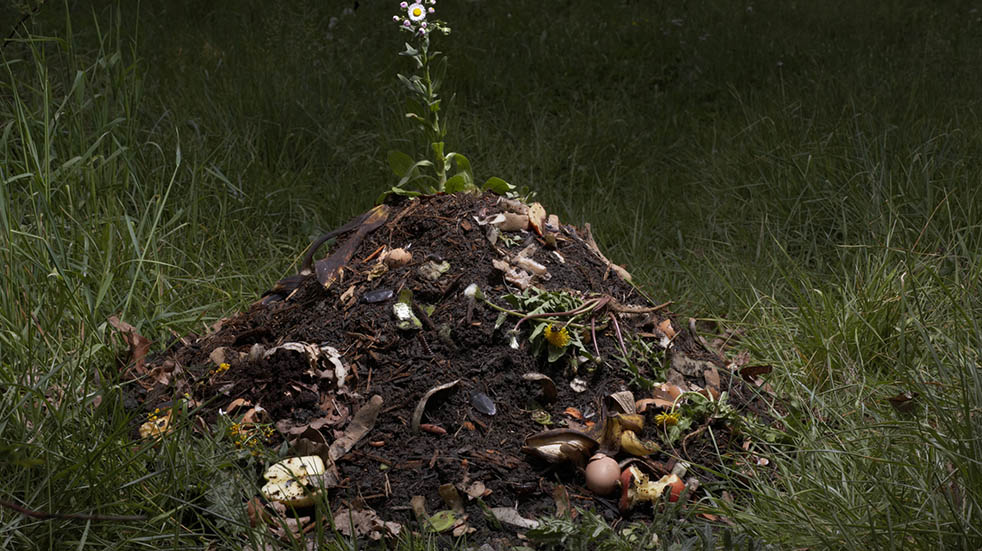
Perhaps the most obvious solution to the green bin problem is to create your own compost heap. Leaving your garden and kitchen waste to decay over a matter of days, weeks and months generates rich, organic compost that can be beneficial to your soil and plants. As well as helping things to grow, it acts as an effective mulch for minimising water loss, and can also provide a home for woodlice, worms and even grass snakes.
If you don't like the idea of having an unsightly heap in the corner of your garden, you could always build a compost bin. It's easy to do, and can often be achieved with leftover materials you have in your garden shed.
Once it's ready, your compost can be used to nurture any number of plants and vegetables. If you're looking for some inspiration on what to grow this spring, perennials such as bear's breeches and red-hot pokers are great if you want something that's low maintenance. And carrots, radishes, lettuces, peas and beans also require minimum work, and should be ready in time for summer.
Read BBC Gardeners' World magazine's guide to building your own compost bin
2. Make supports for your plants
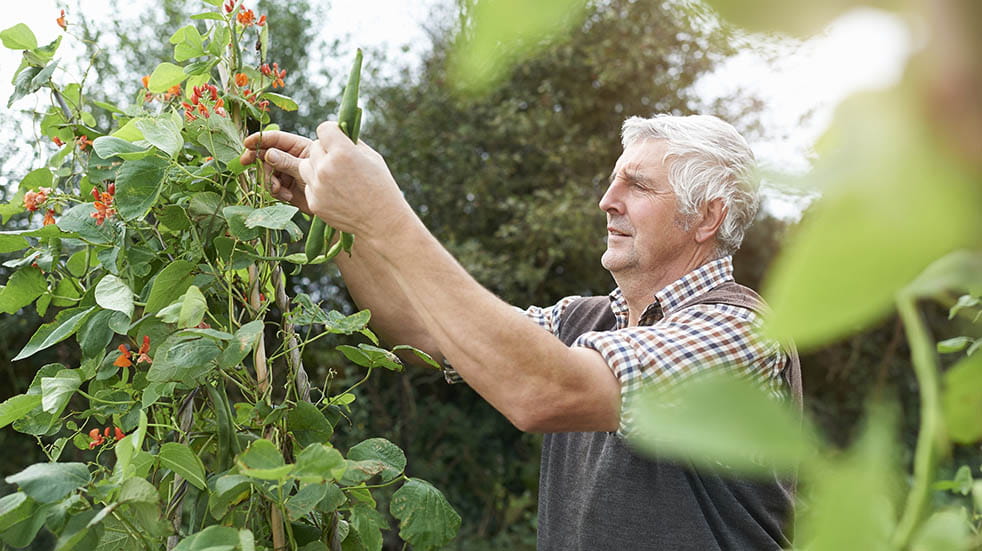
Most shops and garden centres are closed due to the coronavirus. And while many will still be delivering, sometimes it's just easier to improvise with what you've got.
If you're looking for supports for your climbing plants, have a rummage through your garden waste for twiggy branches and long, sturdy stems. These will do the job without you having to order bamboo canes or expensive steel supports.
Watch BBC Gardener's World magazine's video on how to support your plants
3. Moisturise your lawn
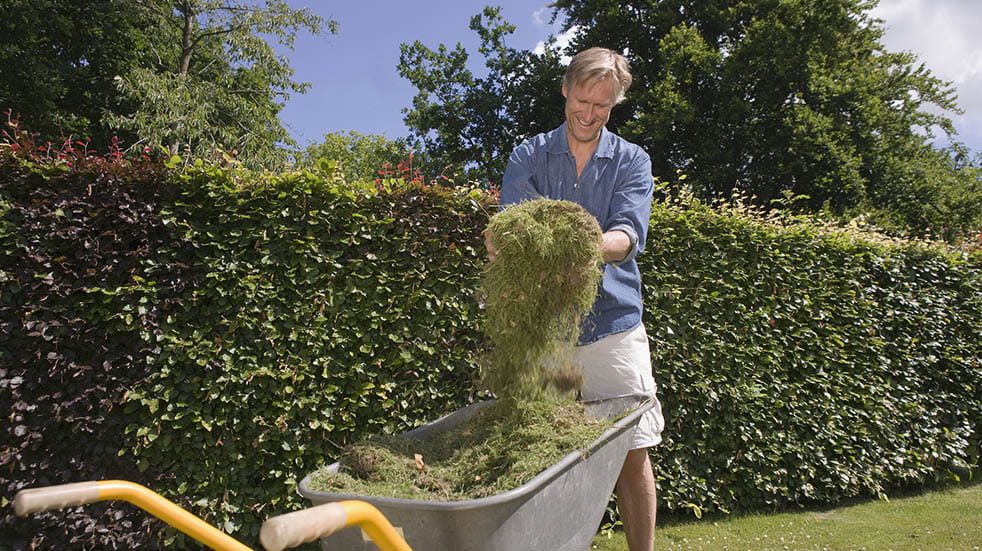
As previously mentioned, a compost heap is a great way to dispose of grass cuttings. But with the weather getting warmer, they can also be used to sprinkle over your lawn, keeping it nice and moist.
Another tip for disposing of grass cuttings is to spread some out across the bare soil patches under your trees. The cuttings will eventually decompose, injecting a rich, organic matter into the soil.
Read BBC Gardeners' World magazine's tips on lawn mowing
4. Make a home for wildlife
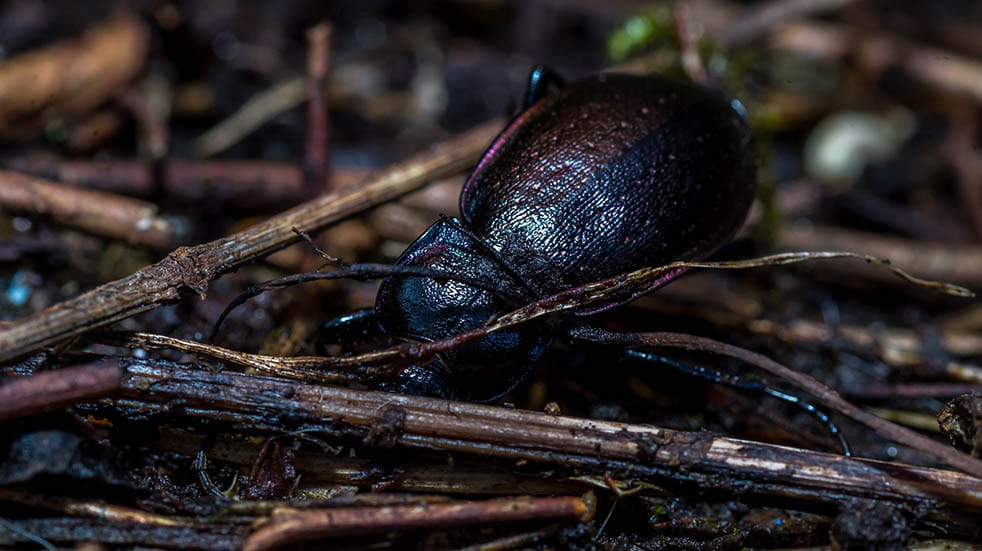
Not all gardening waste is good for composting – if you have a lot of woody branches and stems, these can be hard to break down. Don't worry, though, as they're perfect for creating a habitat for those little garden visitors.
Beetles in particular love this kind of environment. And seeing as they're so fond of eating slugs, aphids and the like, that could save you money on pest control.
Read BBC Gardeners' World magazine's guide to building habitats for beetles
5. Stop cats from doing their business in your garden
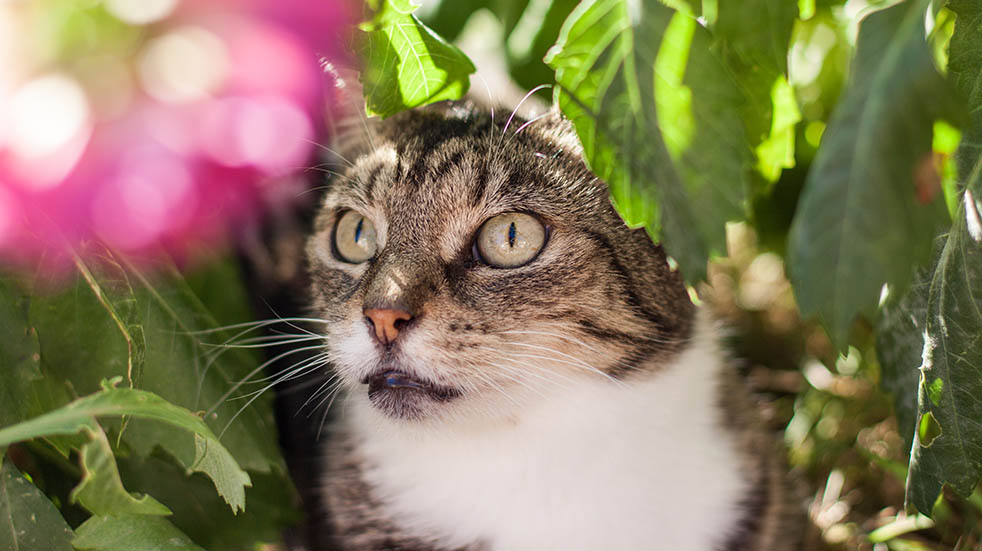
Speaking of pests, if next door's cat has taken to using your garden as a makeshift loo, then it might be time to do something about it.
Much like humans, cats like having somewhere comfortable to coopy down, so if you have any bare soil, they're almost certain to home in on it. This is where those holly or conifer clippings come in handy, their prickly edges providing anything but a comfy toilet break for moggy. They're slow to compost, too, meaning your solution will be a lasting one.
Read BBC Gardeners' World magazine's guide to deterring cats from your garden
Get money off Hayloft tomato plants
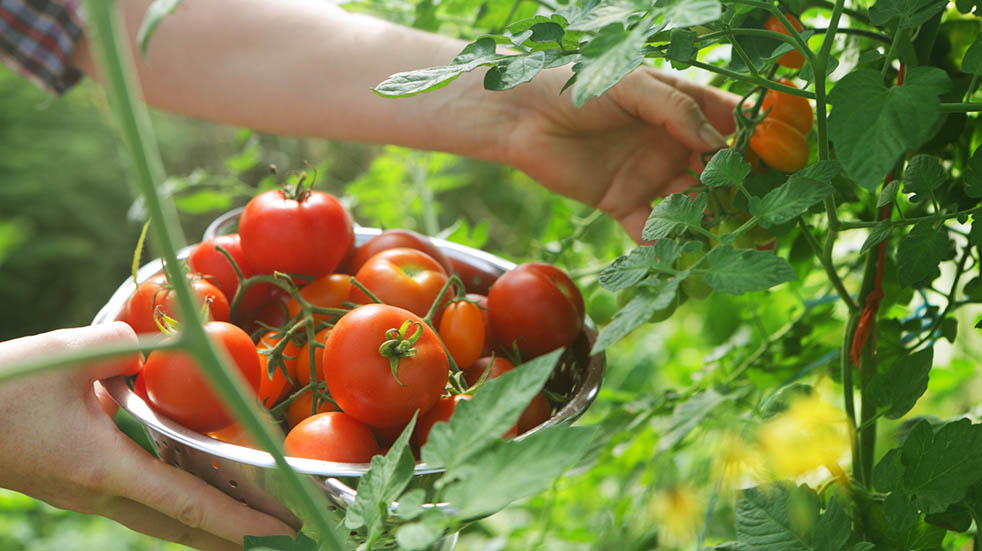
Would you like to grow delicious tomatoes in your own garden? For a limited period, Boundless members can get exclusive discounts on high-quality Shirley tomato plants and biscuits, courtesy of our partner Hayloft Plants. With summer just around the corner, now is the perfect time to get started. To read more about this special offer, click here.



